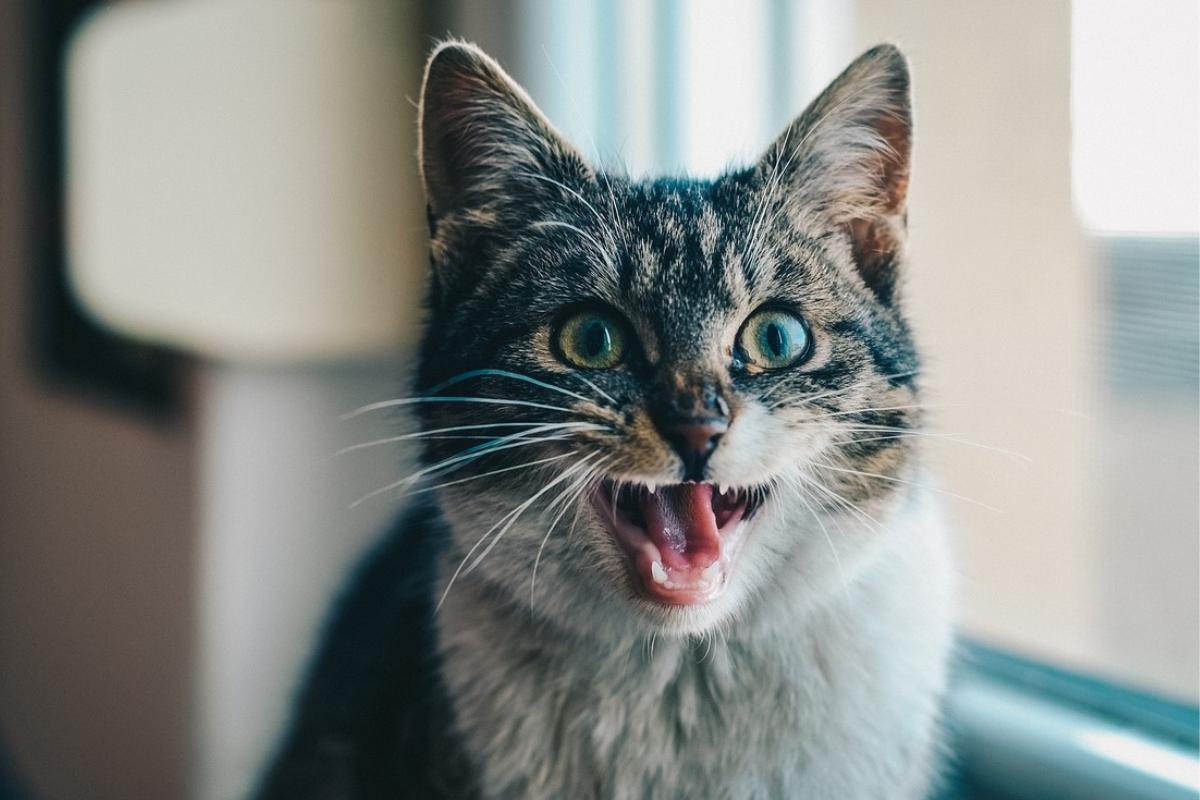Have you ever noticed your pet gazing out the window at birds and making strange noises like chattering or chirping? If so, you might be wondering why cats sometimes make that teeth chattering noise when watching birds.
Cats are one of the cutest pets you can get, but since they can’t talk like people do, it’s important to know how they communicate so we can better understand them.
In this article we’ll talk about the different reasons why your cat might be making these noises, particularly when watching the bird feeder, as well as some of the most common sounds cats make to show how they feel.
Why do cats’ teeth chatter when watching birds?
When cats watch birds, their teeth start to chatter. You may have seen your cat do it. This happens because they have an instinctive response to the excitement of potential prey.
The chatter vocalization is a clear manifestation of their predatory nature, and it showcases their anticipation and readiness to pounce while also expressing frustration at the limitations preventing them from doing so.
Key Takeaways:
- Cats are natural predators and seeing birds can bring out their prey drive.
- The teeth-chattering or chirping noise is because it stimulates their hunting instincts and excites them.
- Meowing, growling, howling, and purring are just some of the other languages your pet may use to communicate with you. Each can mean something different.
Reasons why they chatter at birds
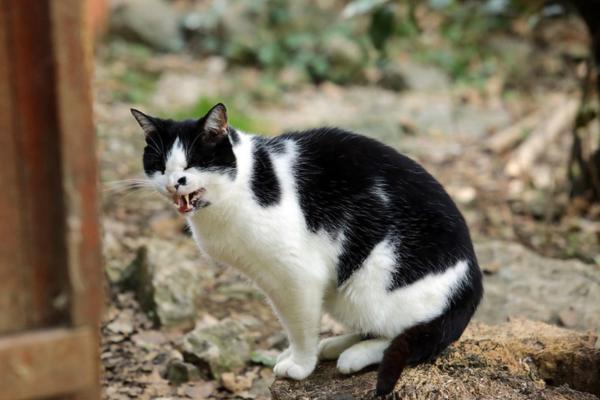
Like many other animals, cats communicate and express themselves through various methods, as they can’t verbally communicate like humans. These could be the explanations if you’ve ever noticed your cherished kitty buddy indulging in the odd behavior of chattering while staring closely out the window at birds:
Predatory behavior
As natural predators, cats tend to focus on birds and emit a distinct chattering sound. This is because they’re predators and because it’s in their nature to chase and catch food. When a cat fixes its attention carefully on a bird, it focuses on its prey in preparation for a fast and precise attack.
This species’ genetic makeup deeply ingrains predatory behavior, as their ancestors relied on hunting for survival. Even though domesticated felines may not necessarily rely on hunting for sustenance, they continue to have these instincts.
Excitement
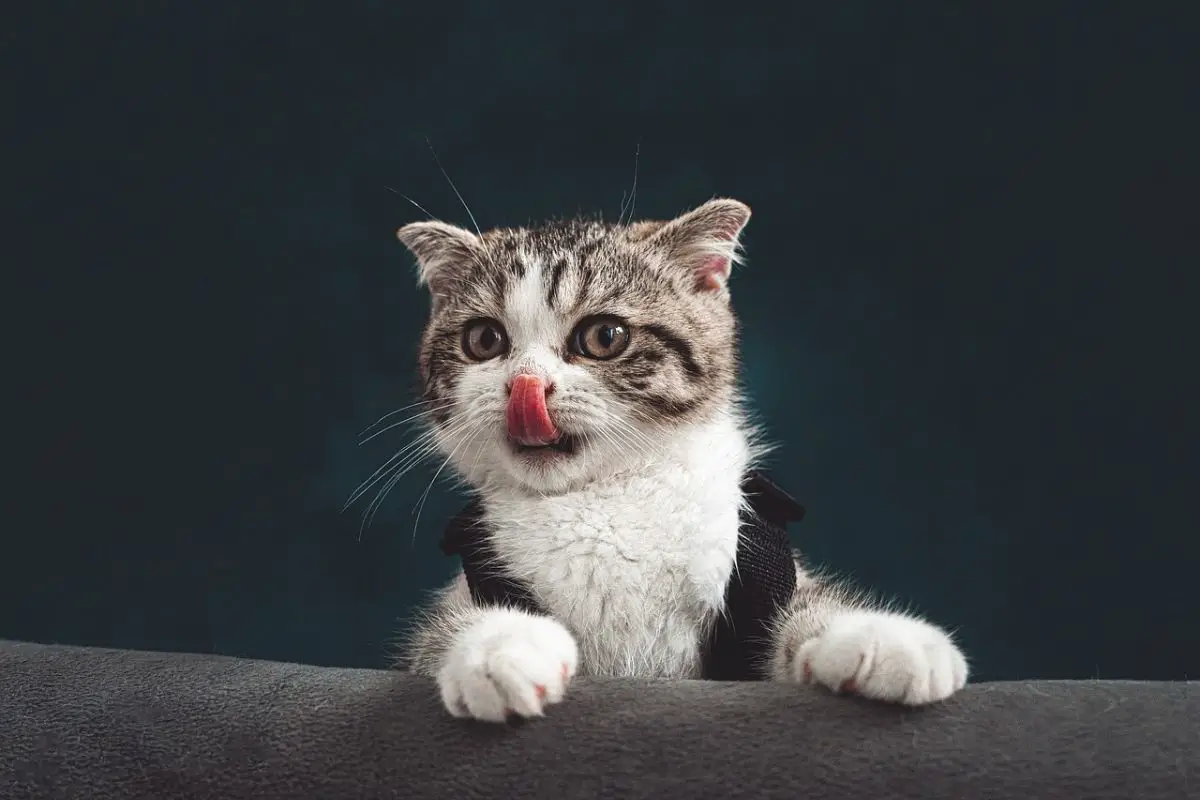
This predatory instinct can also lead them to experience a thrilling excitement when encountering potential prey. When a cat spots its target, such as a fluttering bird, its senses become heightened, and it starts to chatter. If there’s no physical barrier like a window or glass blocking their view of the target, they likely have already jumped away and started chasing these birds.
Frustration
Cats are very smart animals, so they’re well aware of their physical limits and the limits that their indoor surroundings put on them. Because they can’t follow their natural desires to hunt, they can feel frustrated and may chatter as a way to deal with this inner struggle. This allows them to express the frustration they’ve been feeling and to show how much they want to interact with the tempting birds they can’t reach.
Do cats enjoy looking at birds?
Just like us, cats get bored when they can’t do anything inside the house. Many toy manufacturers create toys to keep these animals busy even though they stay inside. However, one of the things that our feline friends enjoy doing more than anything else is looking out the window at the birds.
Observing birds also encourages them to be more active during the day and, hopefully, less active at night. So, you can put a bird feeder by the window so that your pet can enjoy watching birds.
Other feline languages
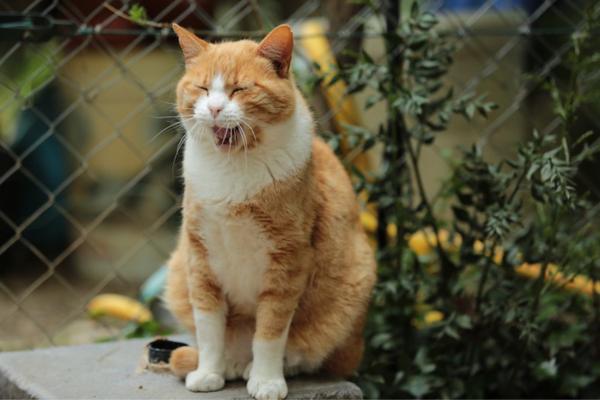
These animals use a combination of body language, vocalizations, and various behaviors to convey their thoughts, feelings, and needs to their human companions and fellow feline friends. We can better understand our feline companions and foster a stronger bond with them by paying close attention to these non-verbal cues.
Purring
Cats are also well known for their adorable purrs, representing their general contentment and well-being. The distinctive vocalization of these creatures, distinguished by a soft vibrating sound, indicates that they’re happy and calm. But you should know that purring can also be a sign of hunger or stress.
Howling
If your feline companion produces loud and prolonged vocalizations or howling, this behavior may indicate that your pet experiences some form of discomfort, pain, or distress.
So, paying close attention to your cat’s howling and taking appropriate action to address any underlying issues that may be causing their distress is essential. If you have not yet neutered your cat, his howling vocalizations may indicate that he is currently searching for a potential mate.
Growling
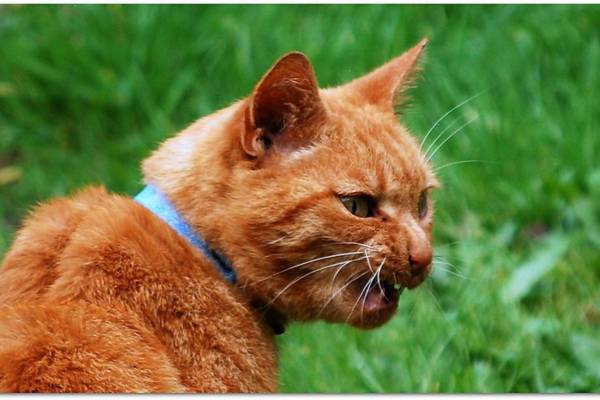
When your cat growls, it indicates that they’re experiencing annoyance, fear, or a general sense of anger. When your cat is expressing this sign, it’s best to leave him alone.
Meowing
Cats use the sound of meowing as their primary form of communication and convey various emotions. It could be a greeting, a demand, an announcement, or it could just be a simple way for them to attract your attention.
Final Thoughts
If this is the first time you have noticed your cats chattering while watching birds, rest assured that nothing is wrong with your pet. Their unusual behavior is a combination of excitement, anticipation, and frustration as they yearn to pounce on their feathered prey.
Sources:
- “Understanding Cat Sounds: A Guide to Feline Communication”, M. Petroff, Dutch, March 07, 2023, dutch.com
- “Feline vocal communication”, C. Tavernier, S. Ahmed, K. A. Houpt, S. C. Yeon, Journal of Veterinary Science, December 31, 2019, ncbi.nlm.nih.gov
- “The Real Reason Your Cat Chatters at the Window”, K. Weir-Jimerson, Daily Paws, August 16, 2022, dailypaws.com

